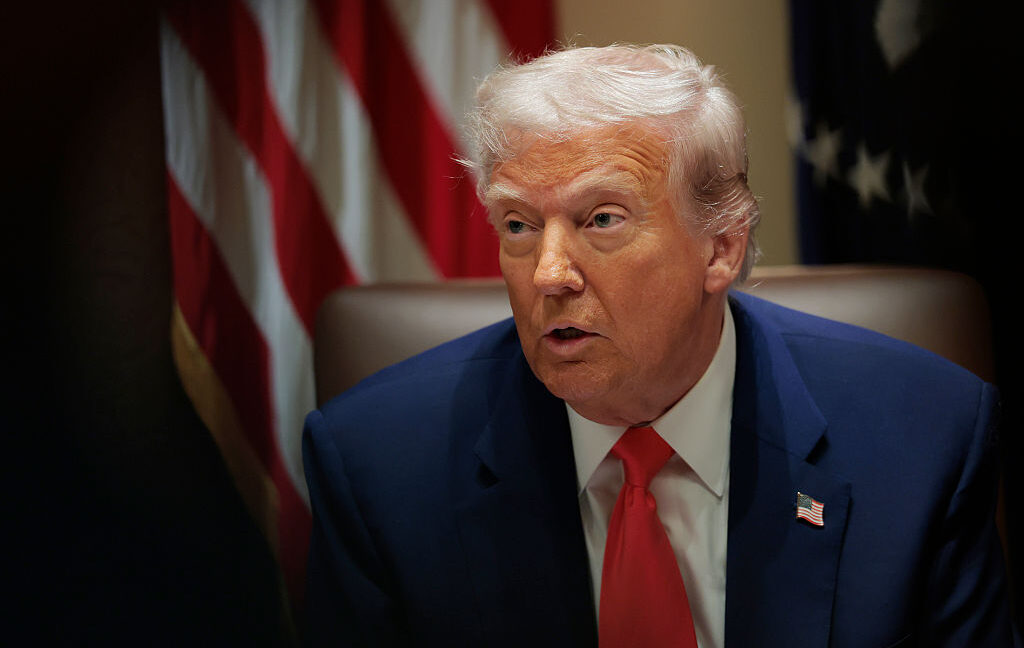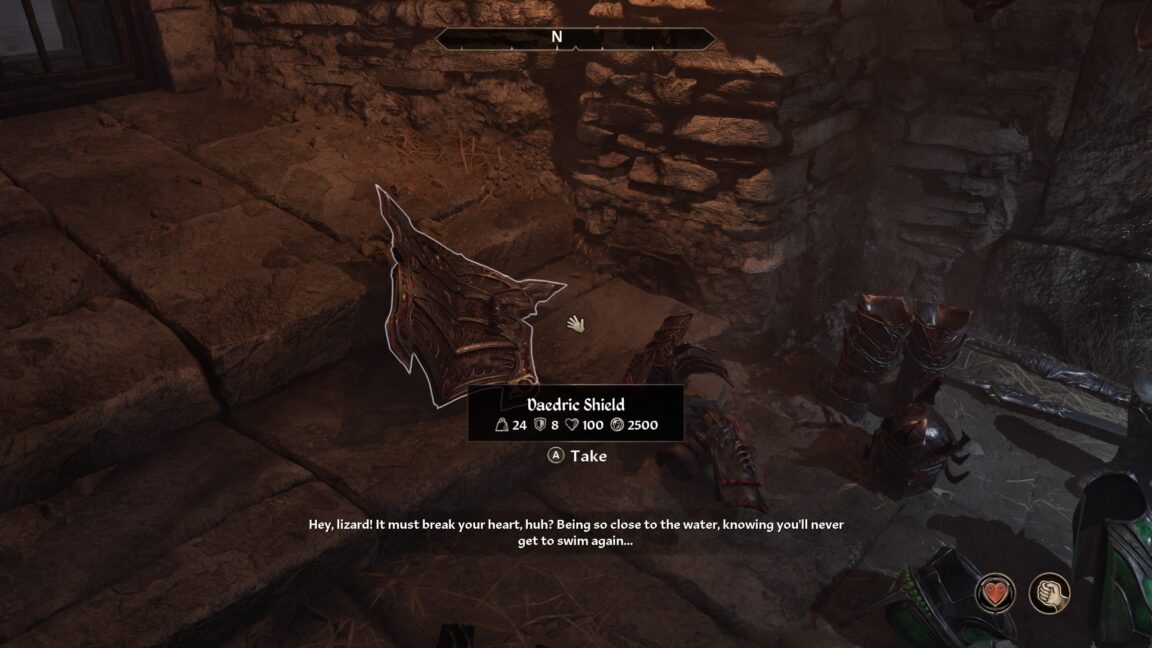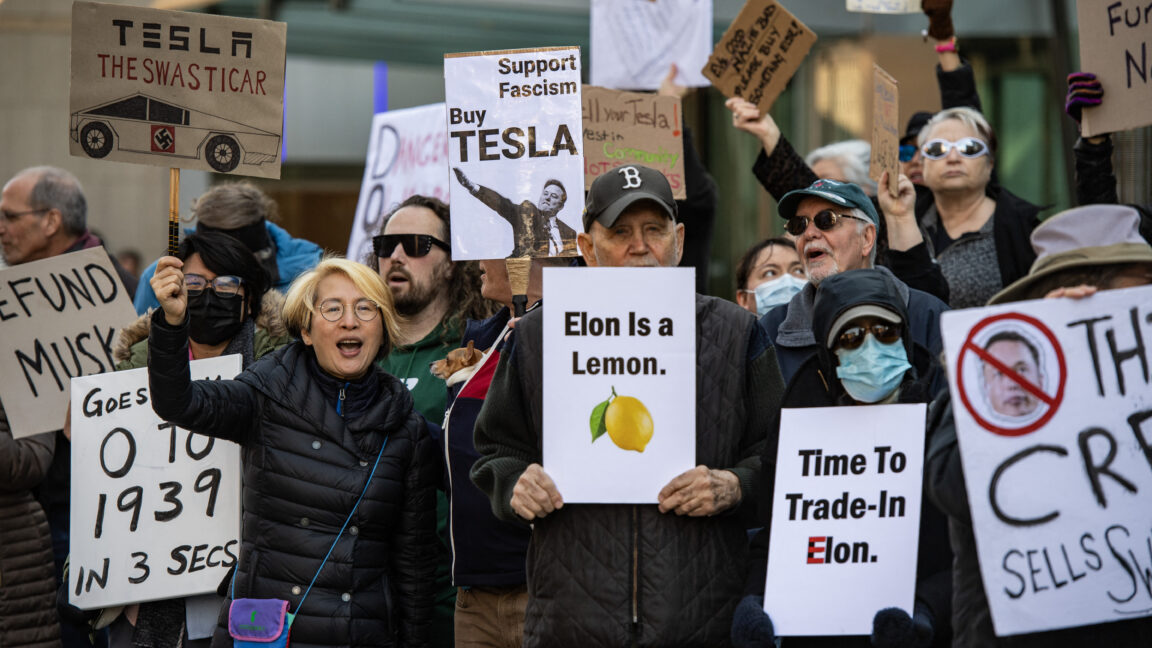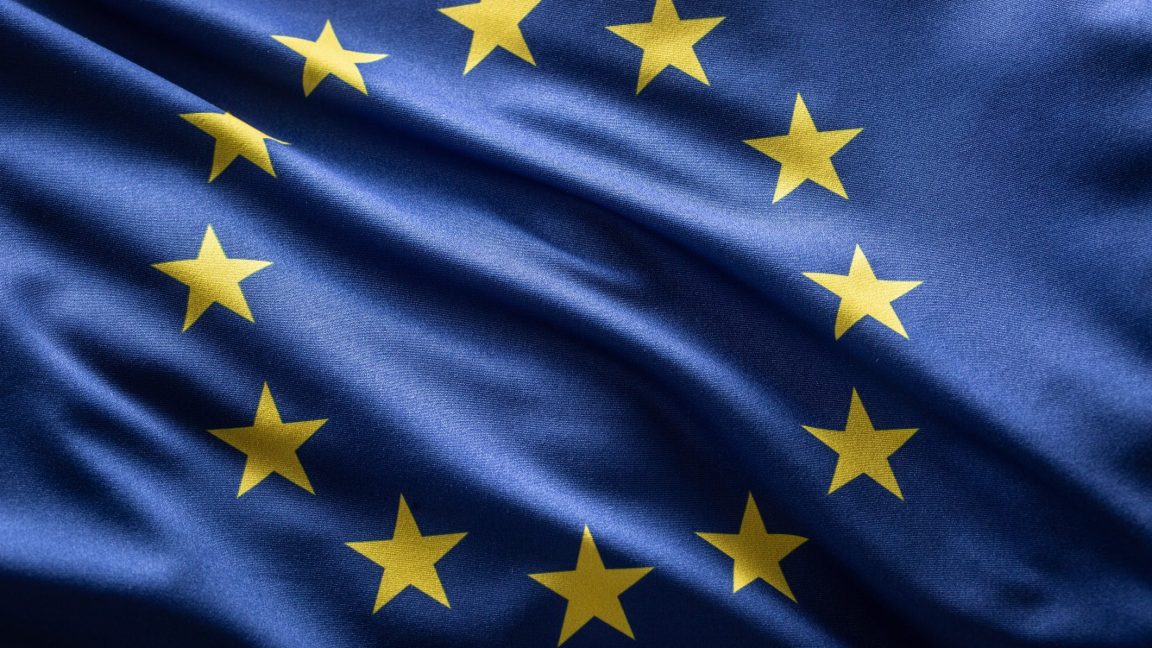
Donald Trump has started signaling that he's ready to slash tariffs on Chinese imports, but economists have warned that the US softening its stance now likely cedes power to China, which perhaps benefits from dragging out trade talks.On Tuesday, Trump confirmed that he is willing to reduce 145 percent tariffs on all Chinese imports.
A senior White House official told The Wall Street Journal that the tariffs may come "down to between roughly 50 percent and 65 percent." Or perhaps the US may use a tiered approach, charging a 35 percent tax on goods that don't threaten national security, while requiring 100 percent tariffs on imports "deemed as strategic to Americas interest," other insiders told the WSJ.For now, Trump is being vague, only confirming that tariffs "won't be that high" or "anywhere near" 145 percent.
Attempting to maintain a tough veneer, Trump warned that China must act quickly to make a deal to end the trade war or else risk making concessions that China may not consider ideal."If they don't make a deal, we'll set the deal," he said.But analysts told the South China Morning Post that Trump appears "anxious" and "panicked," rushing to make a deal that China can afford to delay until more favorable terms are offered.So far, Trump has not met with China's president Xi Jinping, the WSJ reported, which will be essential to inking a deal.
Instead, US officials have been in contact with underlings who have not helped advance the deal.
Last week, Trump confirmed the deal was not "imminent," the South China Morning Post reported, despite meeting a "number of times" to discuss opening up negotiations.On Wednesday, while analysts suggested that Trump appeared "desperate" for a "quick deal," Chinas foreign ministry spokesperson, Guo Jiakun, warned that the only path to a deal required the US to "stop making threats and resorting to coercion." According to Alicia Garcia-Herrero, chief economist for Asia-Pacific at Natixis, China is well-positioned to get a better deal."[Trump] needs a quick deal," Garcia-Herrero told the South China Morning Post.
"China does not need to offer anything big in such circumstances, because the US is so desperate for a deal.
With a few billion in imports from the US, China might manage to lower the tariffs.
The deal might be sweeter for China than in 2019."

 11
11




















